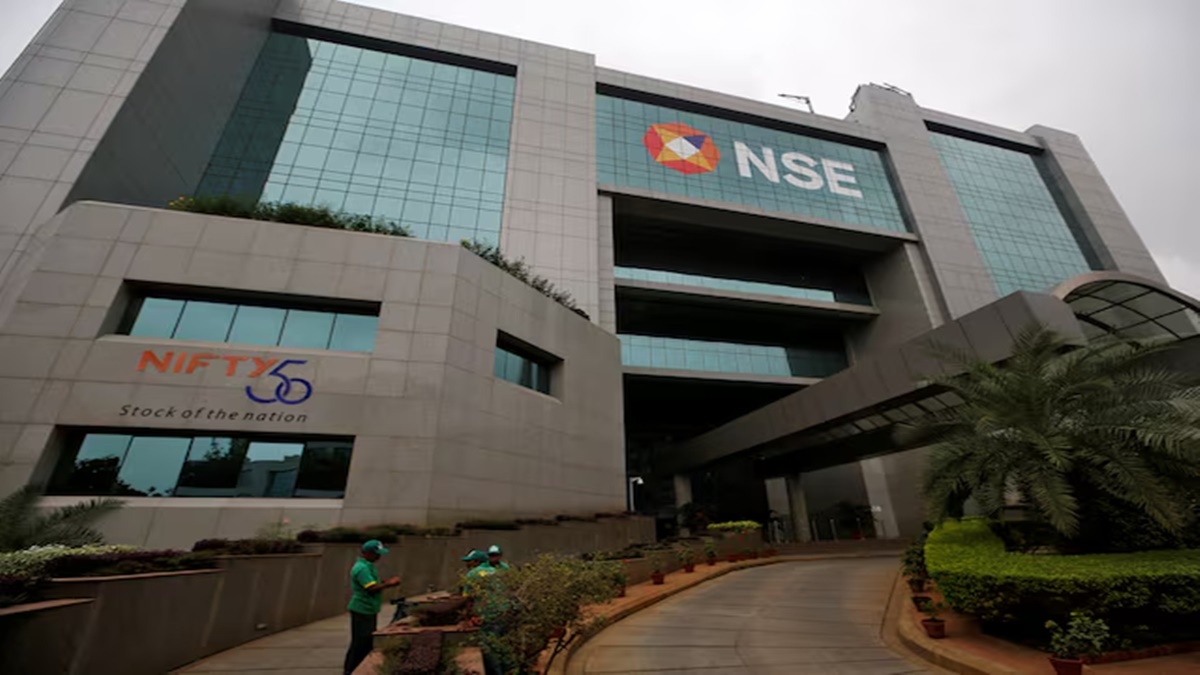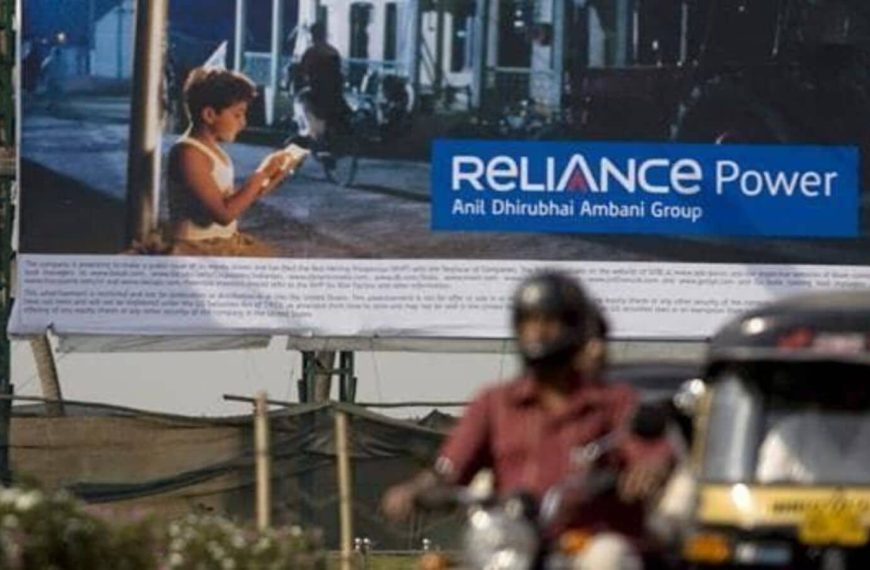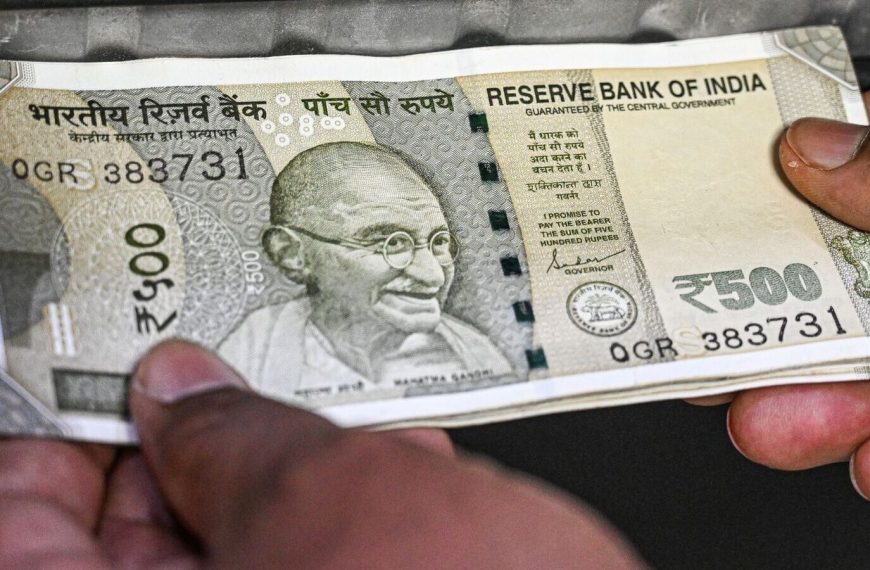The retail investor landscape on the National Stock Exchange (NSE) has experienced remarkable growth, with shareholder numbers surging by 115% from January to March. This dramatic increase can be attributed to two significant developments. First, the anticipation surrounding the NSE’s ability to overcome regulatory hurdles and expedite its much-anticipated initial public offering (IPO) has sparked excitement. Second, the introduction of a bonus share issue, offering four shares for every single share held, has made entry more accessible at a new price point of ₹1,200 per share.
Surge in Retail Shareholders
As a result of these developments, retail shareholders have jumped from 15,771 to an impressive 33,896. Their shareholding also rose from 8.03% to 9.89%, reflecting a growing interest in the exchange. This data, derived from the NSE’s shareholding pattern, showcases the changing dynamics of the market.
- Retail shareholders: Increased from 15,771 to 33,896
- Shareholding percentage: Grew from 8.03% to 9.89%
High Net Worth Individuals Join the Trend
Interestingly, high net worth individuals (HNIs) have also increased their stakes, with their shareholding rising from 7.6% to 9.64%. In contrast, domestic institutional investors saw a decline, with their holdings dropping from 11.25% to 5.44%. However, foreign investors have upped their game, increasing their holdings from 22.48% to 28%.
Impact of Bonus Shares on Share Price
Following the recent bonus issue, the NSE adjusted its share price significantly. The price was reduced from around ₹5,400 to approximately ₹1,200, making it an attractive option for retail investors eager to take advantage of the lower cost. This adjustment has led to a notable influx of new investors looking to capitalize on the potential for growth.
Market Trends and Future Prospects
Deepak Jasani, an equity research analyst, emphasized that investors are closely monitoring the valuation of the Bombay Stock Exchange (BSE) and the current market trends, especially in derivatives. He notes that these elements create a favorable environment for potential profits once the NSE goes public, which he predicts could happen within the next two to three quarters. Notably, the NSE currently commands a substantial 74% market share in derivatives turnover as of FY2025.
Valuation Insights
At present, BSE’s market valuation stands at ₹85,822 crore, while the unlisted shares of NSE are valued at approximately ₹3.32 lakh crore, based on a weighted average price of ₹1,342 in March. The trading value of these unlisted shares skyrocketed by 67%, reaching ₹5,846.65 crore in Q4 FY2025, up from ₹3,498.43 crore in Q3 FY2025.
Regulatory Progress
Despite challenging regulatory hurdles since its initial IPO filing in 2016, the NSE is making strides. The Securities and Exchange Board of India (SEBI) recently cleared the exchange of any wrongdoing in a longstanding case involving unfair market access, thus removing a significant barrier to its public offering. SEBI Chairman Tuhin Kanta Pandey has assured that the regulator is committed to resolving the remaining issues to pave the way for NSE’s IPO.
Continued Developments
In a proactive move, the NSE has begun electronically settling trades for its unlisted shares, a step expected to enhance investor confidence. The exchange has also reinitiated its IPO process by applying for a No Objection Certificate (NOC) from SEBI. While the timeline for the IPO remains uncertain, both parties are actively addressing fundamental concerns, including corporate governance.
The retail investor landscape is evolving rapidly, and the upcoming months are likely to reveal even more exciting developments within the NSE.











